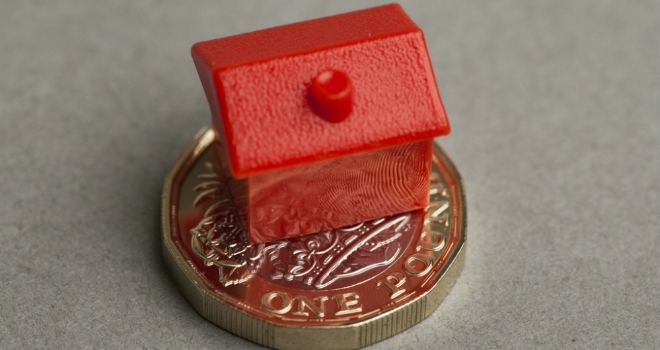
"Lenders remain keen to lend and mortgage rates are staying extremely low as a result"
According to Halifax, after exceeding 100,000 for five successive months, home sales fell by 3% between May and June, to 96,910. This is the lowest level since 96,740 in October 2016.
The volume of mortgage approvals for house purchases – a leading indicator of completed house sales – marginally fell by 0.7% between May and June, to 64,684. Approvals have been in a narrow range between 64,600 and 68,700 per month over the past nine months; indicating that homes sales are likely to remain broadly steady over the coming months. Shortage of homes for sale has been limiting choice on the market – making it harder for a prospective buyer to find a suitable home.
Supply of homes for sale continues to stay low. New instruction for home sales fell for the 16th consecutive month in June. Whilst the average stock levels on estate agents’ books are down marginally to an all-time low.
Russell Galley, Managing Director, Halifax Community Bank, said: “House prices continue to remain broadly flat, as they have since the start of the year. Prices in the three months to July were marginally lower than in the preceding three months, while the annual rate of growth has edged down from 5.7% in January to 2.1% in July; the lowest rate since April 2013.
The rise in the employment level by 175,000 in the three months to May helped push the unemployment rate down to 4.5%, the lowest since June 1975. However, this improvement in the jobs market has not, as yet, boosted wage growth, resulting in earnings rising at a slower rate than consumer prices. This squeeze on spending power, together with the impact on property transactions of the stamp duty changes in 2016 now being realised, along with affordability concerns, appear to have contributed to weaker housing demand.
However, a continued low mortgage rate environment, combined with an ongoing shortage of properties for sale, should help continue to support house prices over the coming months.”
Russell Quirk, founder and CEO of eMoov.co.uk, commented: "Yet more promising signs for the UK housing market with further evidence of a marginal uplift in prices on a monthly basis. Time certainly seems to have been a healer and as we move away from the previous period of political uncertainty that has plagued the property market of late, we should see a growing degree of stability return for UK homeowners.
Although prices are still down on the previous quarter and price growth is likely to remain fairly subdued for the remainder of the year, they continue to be up on an annual basis and given the current seasonality an increase no matter how small is a good sign during the peak of the summer months."
Mark Harris, chief executive of mortgage broker SPF Private Clients, said: "Lenders remain keen to lend and mortgage rates are staying extremely low as a result. This state of affairs has been supporting the housing market to an extent and is likely to continue to do so with no immediate interest rate rise on the horizon.
One of the big issues facing prospective buyers is not so much getting the mortgage they need but finding a property they wish to buy. Until supply improves, this will continue to be the case."
Jonathan Samuels, CEO of Octane Capital, said: "The UK's property market is in a steady but decisive slowdown mode. Only the lack of properties for sale is preventing the market from deteriorating more quickly.
While the jobs market is strong, buyers are increasingly feeling the pinch due to stubbornly high inflation and low wage growth. Squeezed finances will invariably see new house purchases put on the back burner. At the higher end of the market, stamp duty has put countless transactions to the sword. Prospective buyers cannot see much of promise on the horizon.
There is a lot of economic uncertainty right now and the prospect of interest rates rising cannot be discounted. Major question marks around the impact of Brexit are also causing many people to sit on their hands.
Extremely competitive mortgage rates and high employment are helping the market tick over but it's hard to see any change in the current limbo for the rest of the year."
Jeremy Leaf, north London estate agent and a former RICS residential chairman, says: "The relatively flat prices are reflecting a relatively flat housing market.
On the ground, we don't expect to see dramatic change in coming months but buying and selling is continuing to happen for those prepared to negotiate hard as well as recognise the differences between pre- and post-Brexit markets. One encouraging change we have noticed recently is a surge in rental activity after a relatively quiet period in advance of the usual September rush. Hopefully, this will begin to feed in to reactivating landlord interest in smaller properties which has been sadly lacking this year."





